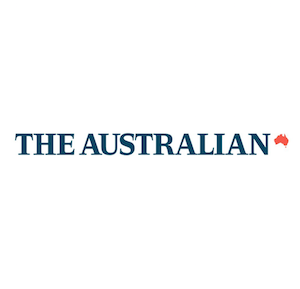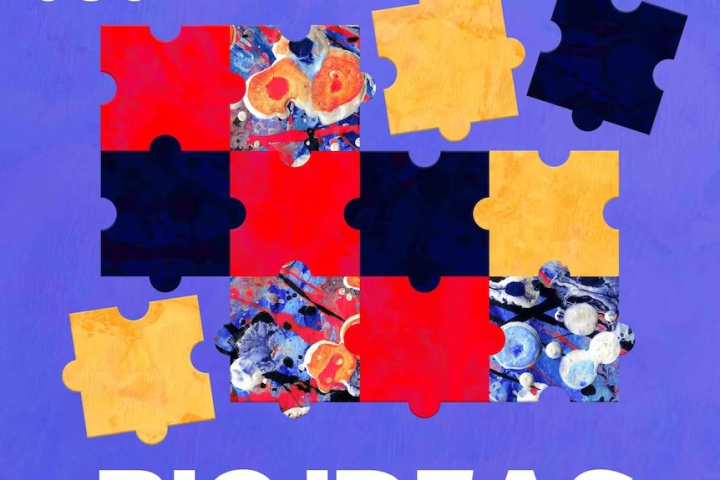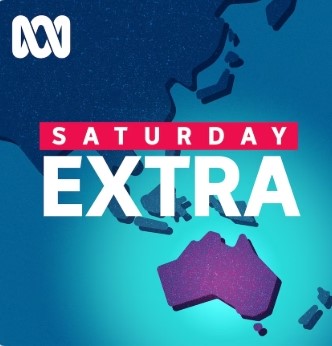I entered politics with an engineer’s mindset — to assess the challenges, then build things to solve those problems. I went into it knowing politics can be bruising, and I was a willing participant in making sure I offered my arguments with the full measure of force and theatre to go along with the underlying facts of my position.
But I think we need to accept that politics as usual isn’t working. Important issues such as welfare and tax reform, energy policy, our exploding level of debt and even what constitutes free speech seem to be beyond resolution by our political representatives.
You can read the published article here.
The electorate has changed, and the growing ease provided by smartphones and technology makes much of the population appear to expect the same easy answers from our parliaments. The fact Australia’s most popular politician last year, Mike Baird — a leader who made great progress in transforming NSW’s infrastructure and rebuilding its finances — ended up in an untenable position over greyhounds and local government amalgamations shows the new state of play.
I wouldn’t write a column simply to join the chorus of those pointing out problems; that’s not how engineers approach things. I’ve seen a solution worth a trial, and I think MPs from all sides need to consider it.
Dare I say it? The system is broken and we need to try new things to deal with the logjam.
First, what is the problem? Ultimately, it’s the shallowness of public debate resulting from the endless focus on public opinion. I’ve sat in public office and understand the reality that you can ignore polls for only so long. Suggesting politicians ignore polls is empty advice: they can’t. To be effective we need to replace them with something that is a better proxy for what the public thinks.
“Thinks” is the operative word here. Imagine you or I are facing trial on a serious charge. Would we be happy to rely on a poll of 1000 people? Or would we prefer that a smaller sample of people heard from an array of expert views, discussed them to identify the most reliable evidence, then worked to see if they could find common ground? Yes, we would take the jury every time. Why, then, do we take the poll method for effectively dictating how we spend billions in public money or decide whether to allow drilling for natural gas?
Australia has a research foundation — newDemocracy — experimenting in how to do democracy better. It has bipartisan support, myself included. It has a standing offer to donate $5 million to a parliament willing to conduct a real-world trial to improve trust in public decisions. I agree with its central idea that the antidote to populism is a meaningful role for citizens. We do it in courts to ensure the public knows justice comes from their peers, not just professionals in wigs. It’s worth seeing if this translates to a parallel role alongside a parliament.
There will be predictable howls of opposition, imploring people to “just make a decision”, but that’s another way of saying they should just ignore public opinion. My argument is simple: no one can complain about the way things are, then complain about trials of new approaches.
The left of politics will always be better than the right at organising people into marches, petitions and packaged shows of outrage. In the absence of an alternative, the media will report this as “the community”. They are not. If we want to add a voice of the community to public discourse we cannot entrust it to professional organisers. Instead, we should draw on the jury model and ensure the community we hear from is a representative group.
Victoria’s Minister for Local Government last year commissioned newDemocracy to ask the people of Geelong how they wanted to be democratically represented (the Greater Geelong City Council had been dismissed that April) and their recommendations passed the Victorian parliament this month.
The process was simple: 100 citizens were picked in a random draw that roughly matched the census profile. They read background materials from the commission of inquiry, Local Government Victoria, the Victorian Electoral Commission and a range of other interested parties. They asked for input from sources they trusted and worked to find common-ground recommendations. They wrote the report themselves and it was immediately made public.
I disagree with one element of their recommendations, as they favoured a councillor-elected mayor over a directly elected one. What I agree with is the attempt to put this question to the people, and the considered method by which it was put. Geelong has been able to try new things, and to do so by giving everyday people the opportunity to deliberate at length. That is central to how I think we are going to do democracy better.The recommendations are largely sensible. They want much greater donor disclosure, including that summaries of funds raised and key donors are given to voters with their ballot paper. They like juries as part of the budget process as a counterbalance to spending driven by people making election promises.
Campbell Newman was lord mayor of Brisbane from 2004 to 2011 and premier of Queensland from 2012 to 2015.




